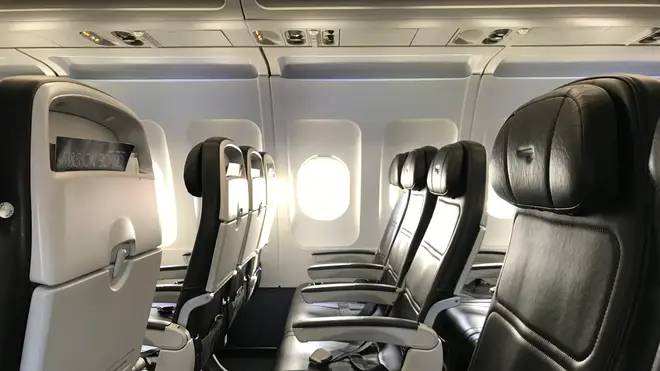
Clive Bull 1am - 4am
13 June 2021, 08:24

The sensor is being hailed as a potential boon for screening in aircraft cabins, classrooms, care homes and offices.
British scientists say they have developed a ceiling-mounted Covid “alarm” that can detect anyone infected in as little as 15 minutes.
The Sunday Times reports the highly-accurate device, slightly larger than a smoke alarm, is being hailed as a potential boon for screening in aircraft cabins, classrooms, care homes and offices.
Early studies by scientists at the London School of Hygiene and Tropical Medicine and Durham University have shown the device has an accuracy of 98-100%, making is as reliable as gold-standard PCR lab-based Covid-19 tests and considerably more so than quick lateral flow tests.
The researchers have stressed their results are at an early stage, with their work published in a paper that is yet to be peer-reviewed.
The sensor, made by Cambridgeshire firm Roboscientific, works by detecting chemicals produced by the skin or present in the breath of those infected with coronavirus.
These “volatile organic compounds” create odour too subtle to be sniffed by the human nose. A study by the Covid alarm’s research team showed they could be detected by dogs, but the alarm would be more accurate and more practical.
The Sunday Times said the detectors could find people with the virus even if they were yet to show symptoms, making it more effective than PCR tests, which have been found inadequate for asymptomatic carriers.
It takes 15 to 30 minutes for the machines to sample the air in a large room, with the results sent instantly to a mobile phone or computer.
At present, the sensors would cost around £5,000 each, the paper said.